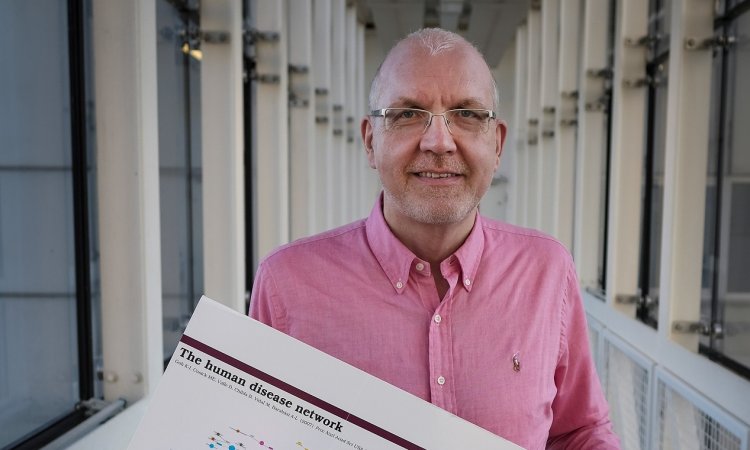When The Doctor is a Woman Patients Expect Being Involved in Decision Making
A study conducted at the University of Granada reveals that patients have greater expectations of their family doctor listening actively to them, keeping them informed and considering their opinions than in getting involved in decision making. For the purpose of this study, researchers took a sample of 360 patients aged 16-47 years, assisted at the Health Center Gran Capitán in Granada.
When the family doctor is a woman, patients expect her to let them get involved in the management of their health problem, especially when it is a family health problem or a cold. However, patients have even greater expectations of their family doctor “listening to them, keeping them informed and considering their opinions than in participating in decision making”.
This was the conclusion drawn of a study recently conducted by Ana Delgado, Luis Andrés López Fernández and Lorena Saletti Cuesta (Escuela Andaluza de Salud Pública), Juan de Dios Luna del Castillo (Department of Biostatistics of the University of Granada) and Natalia Gil Garrido and Mónica Jiménez (Health Center Gran Capitán in Granada). The study will be shortly published in the journal Patient Education and Counseling (available on the Internet DOI 10.1016/j.pec.2010.02.028).
The goal of this study was to analyse if patients expect their family doctors to consider their opinion in decision making within the context of different health problems. Similarly, researchers assessed the influence of the gender factor of both patient and doctor on such expectations.
For the purpose of this study, researchers took a sample of 360 patients aged 16-47 years assisted at the Health Care Gran Capitán in Granada. 51% were women and 49% were men.
Patient expectations towards their participation in decision making were found to vary depending on the disorder to be treated: thus, when patients suffer chest pain, 32% want to participate in the selection of the treatment and, when there is a serious family health problem the percentage raises to 49%. Women have not got so many expectations when they suffer from depression or when it is a family health problem, and patients that are assisted by a woman physician have greater expectations of participating in problem management when the case is a family health problems or flu.
The participants were given a questionnaire that asked if they expected their family doctor “to listen to them, keep them informed and consider their opinions”. Then, they were presented with five situations: sharp chest pain, a cold with fever, abnormal discharge, depression and sadness, and a serious family health problem. They were asked to express their expectations of their involvement in decision making when consulting for the disorders detailed above.
The conclusions drawn of this study were that most patients “want to be listened, informed and considered by their family doctor” and, in a lesser degree “they want to make their own decisions, especially when consulting for biomedical problems”.
01.03.2011





